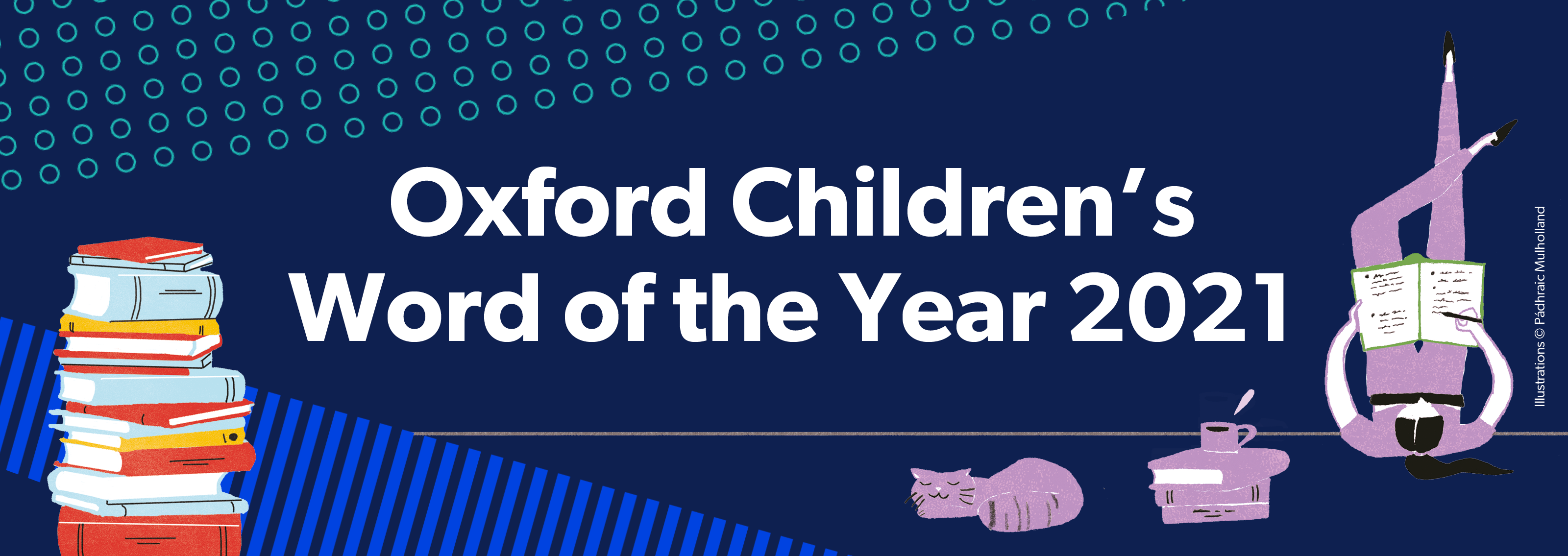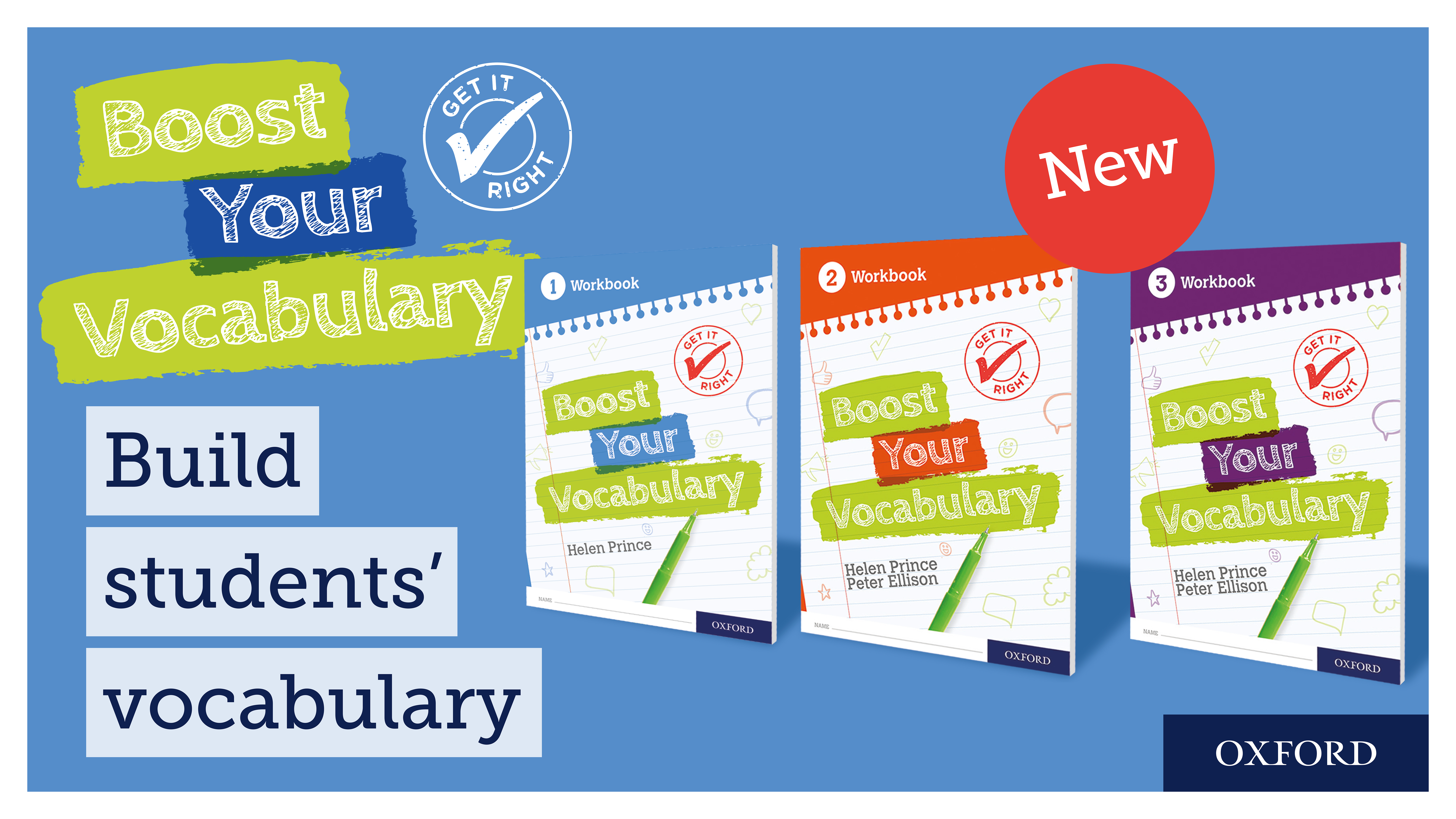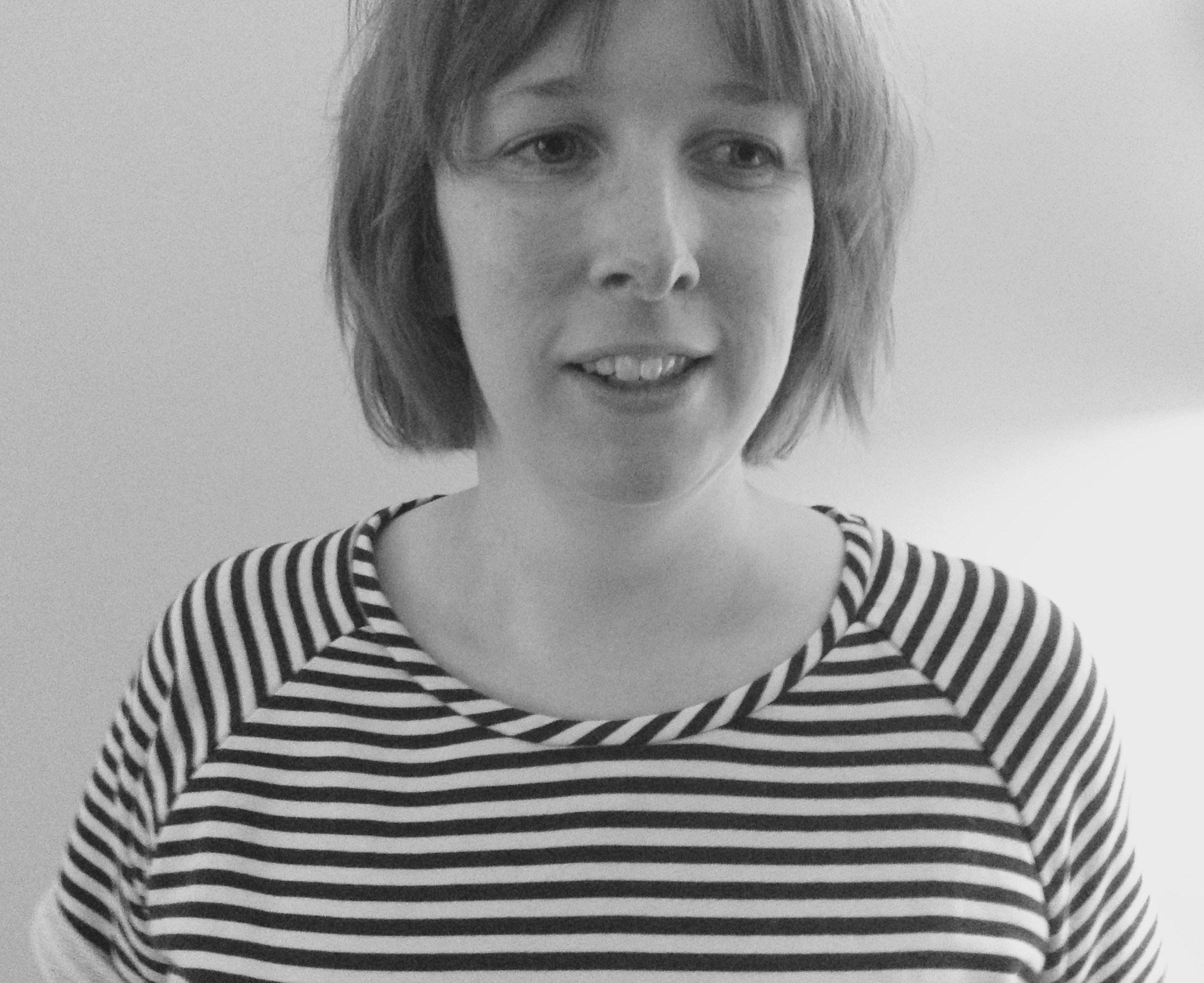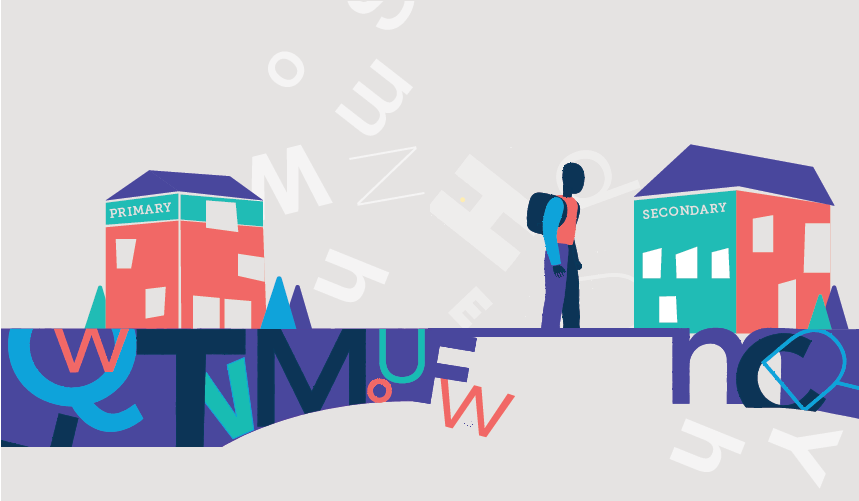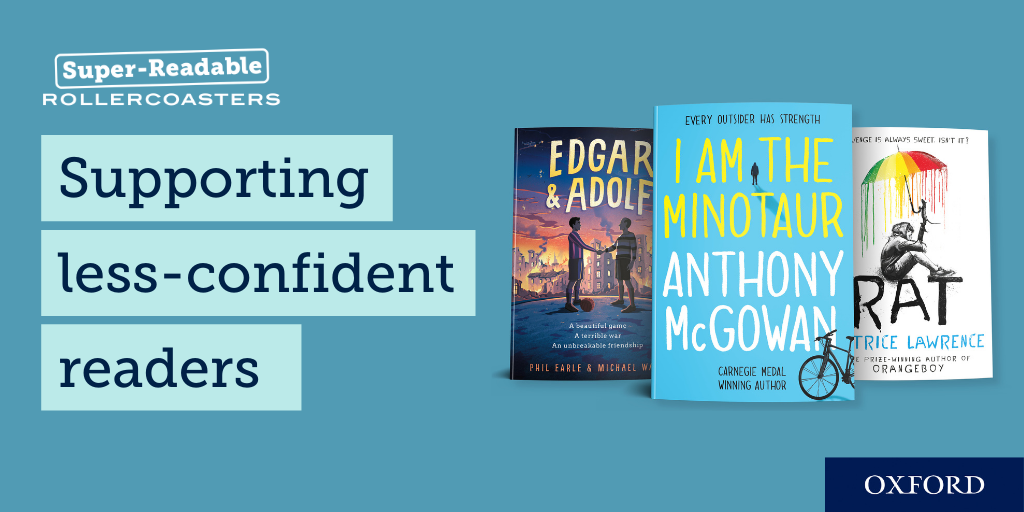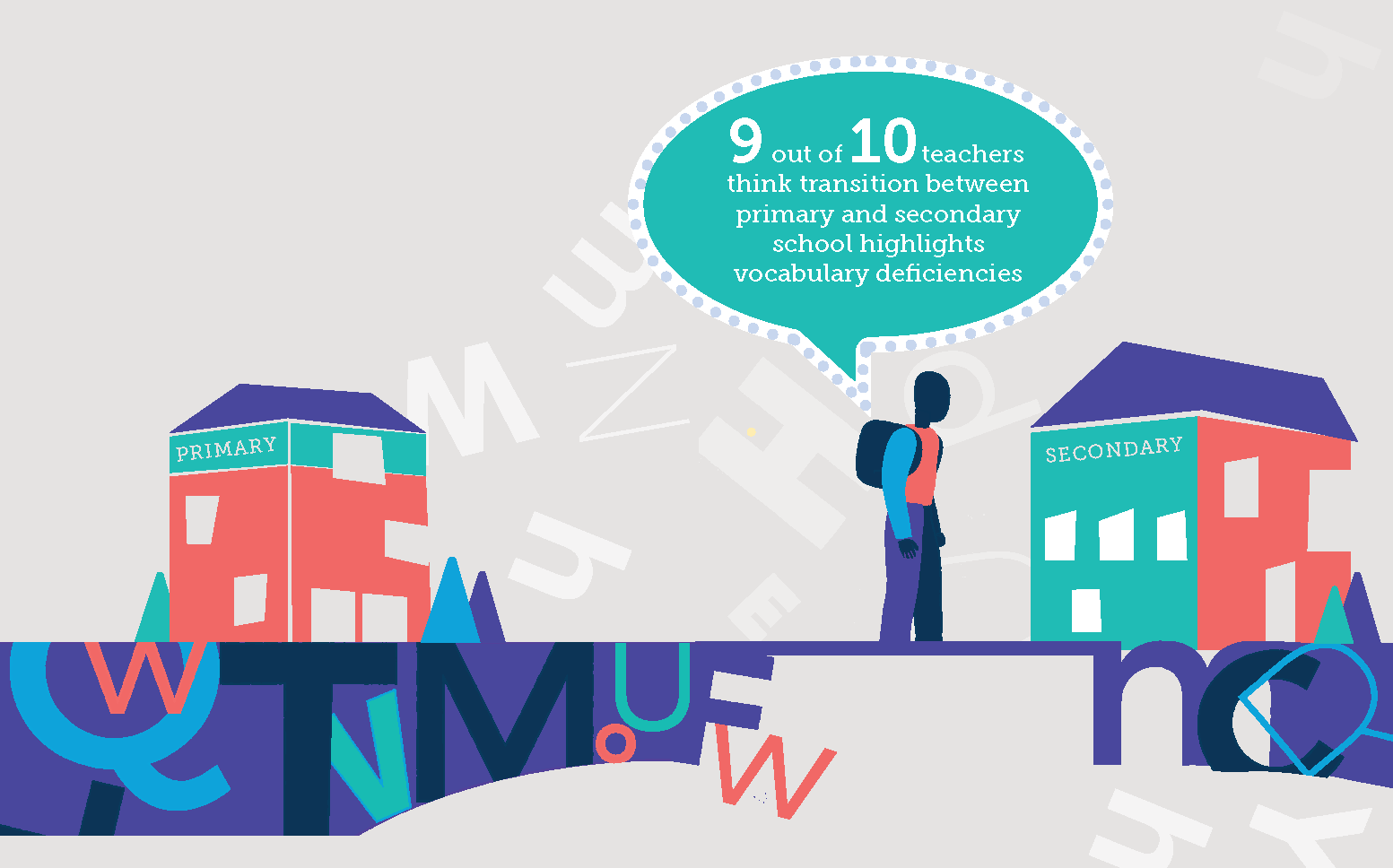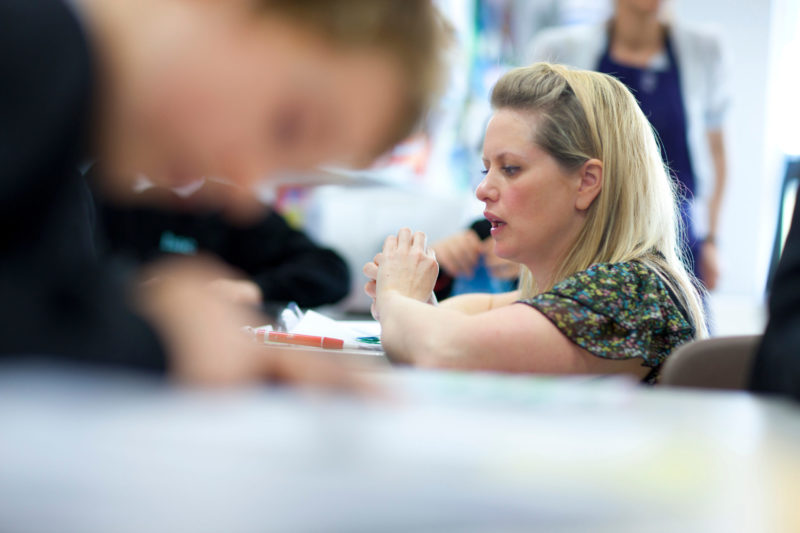
‘Cultured…Engaged…Informed’. This vision strapline underpins everything we do in my English Department. Vocabulary teaching, naturally, plays an important role in fulfilling this vision. When we spoke to students about the disadvantages that poor vocabulary acquisition brings, the one that came up repeatedly was that of frustration – the inability to communicate that which is in […]
Read more
